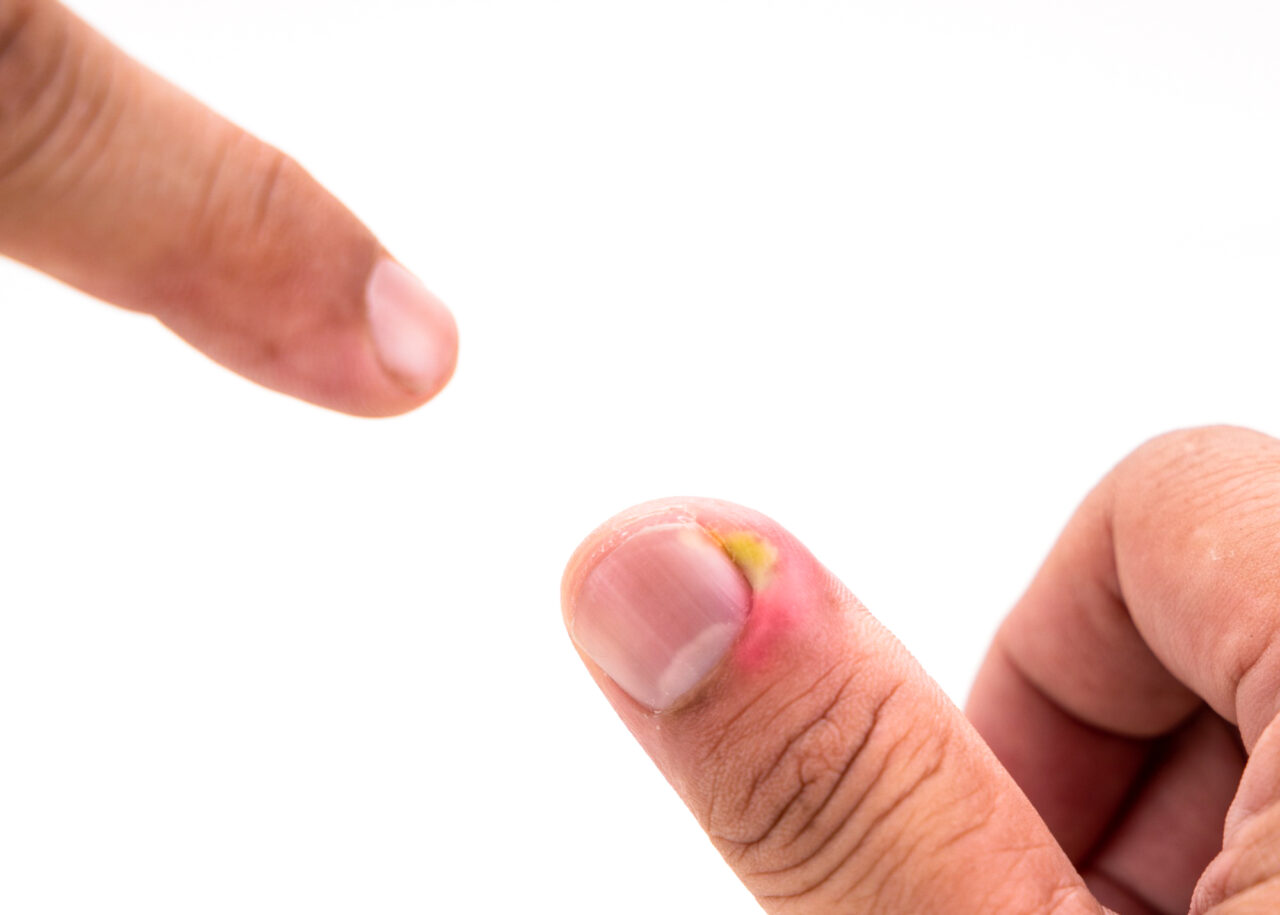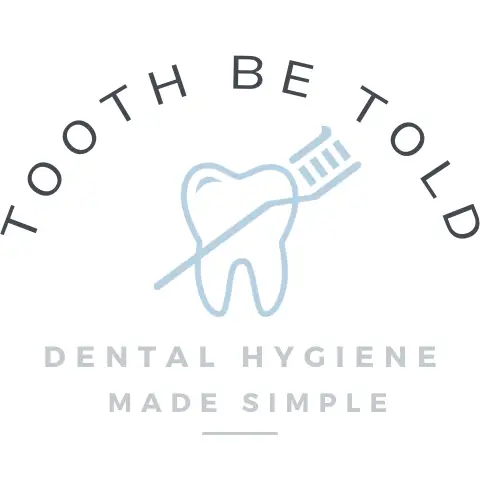
As a dental hygienist, I deal with all types of oral lesions and conditions, some of which interfere with my dental hygiene practice. If you have a cold sore, you know it can be painful and will have blisters that will crack open and ooze. But what happens if you have a cold sore and have a dental hygiene appointment? Can you still have your teeth cleaned?
Teeth cannot be cleaned with an active cold sore, and dental work should be avoided until the cold sore is completely healed. If dental treatment is done while ulcers are still present, the virus can be spread to other areas of the patient’s mouth or infect the dental professional.
In this post, I cover in more detail why you should not have dental treatment while you have an active cold sore and the consequences, what to do if your dental professional says it’s okay, why we ask our patients about cold sores and other ways cold sores can spread that you should be aware of.
Why you can’t get your teeth cleaned with a cold sore
Having your teeth cleaned with an active cold sore is a risk to the patient and the dental professional. The virus is active not only in the site of the cold sore but also in the saliva.
If you have an active cold sore, your dental appointment should be rescheduled until it is fully healed.
If your dental issue or condition is severe, such as an infection, you should talk with your dental professional and see if it is safe to postpone.

What can happen if you get your teeth cleaned if you have a cold sore
We (dental professionals) touch and stretch the lips and oral surfaces during dental treatment, which can transfer the herpes virus throughout the mouth and spread the sores.
When dental treatment is performed, many procedures generate saliva aerosols, which cause the virus to be suspended in the air and land on surfaces, including the dental professional, increasing the transmission of the herpes simplex virus and infecting the dental professional.
To understand all the aspects of a dental hygiene appointment, I wrote a post on it, linked below. It will explain in more detail the elements of the appointment that will cause the most risk of spreading infection if we continue with treatment (even though we shouldn’t).
Read Now: How Dental Hygienists Clean Teeth! What You Need to Know!
Suppose there are breaks in the gloves (often microscopic that the naked eye cannot see) or get punctured by a contaminated dental instrument. In that case, the virus can come into contact with the skin and cause herpetic whitlow in the hands of the dental professional.

Even if the dental professional experiences cold sores, they can still contract the virus in the fingers by accidentally puncturing themselves through a contaminated instrument that has can come in contact with a patient with an active cold sore.
A puncture to the hands with a contaminated instrument can cause herpetic whitlow.
Herpetic whitlow causes swelling, pain, and blisters that prevent dental professionals from working with an active infection. If dental professionals work while they have an active herpetic lesion on their hands, they endanger every patient they see.
Why do dentists and hygienists ask if you get cold sores?
Why do dentists and hygienists ask if you get cold sores? Dentists and dental hygienists ask this question so they can inform you about potential oral complications that may arise. They also want to prevent the spread of the virus and advise you to cancel your appointment if you have an active cold sore. Reschedule for when the lesion is fully healed.
If you call your dental office and try to cancel or have gone into the dental office with an active cold sore and they tell you it is okay to treat you, you may want to read the section below on this topic. It is a huge red flag.
What to do if your dental professional says it is okay to treat you if you have a cold sore
This is a red flag. In certain circumstances where dental treatment cannot be avoided, treatment needs to be done, but this is only limited to non-elective therapy where the health and safety of the patient would be compromised.
All elective treatment should be postponed until the cold sore is healed. If your dental professional says it is okay to treat you if you have a cold sore, if they prioritize their income over your health and safety by not treating you, then their priorities are questionable.
You can show them this webpage from the College of Dental Hygienists of Ontario , who look out for patient safety and protect the patients.
, who look out for patient safety and protect the patients.
Some dental professionals feel pressured to continue treating patients with active cold sores. No dentist should pressure their staff into treating such cases. I was once pressured by a superior, revealing their priority of money over patient safety. Herpes simplex is not a virus to take lightly.
If I were a patient with all the knowledge I have now regarding this topic, I would want to be treated by a dental professional who explains these things to me and cares about my health and safety (and their own) over making money and billing the patient. I would be looking for a new dentist.
If you have experienced this and your dental professional has put money before your health, I wrote a post that explains the best way to leave your dental office and switch to a new one. It is linked below.
Read Now: How Do I Leave My Dentist? Hygienist Explains How to Switch!
Can cold sores spread through sharing toothbrushes?
Sharing toothbrushes can spread cold sores between individuals because cold sores can be spread by transmitting saliva and fluid from an active cold sore. Herpes simplex virus type 1 is highly transmissible and can cause pain, compromise nutrition and interfere with everyday activities.
However, it is essential to note that toothbrushes shouldn’t be shared in any circumstance. It is like sharing toilet paper after going to the bathroom.
You should definitely change your toothbrush after having a cold sore.
If you have an active cold sore, you must change the toothbrush or the toothbrush head on your electric toothbrush. The virus can survive up to 8 weeks on an inanimate surface, so if you don’t change your toothbrush, you can spread it throughout your mouth.
HSV virus survives for short periods of time outside the host Footnote3. It can survive on dry inanimate surfaces (survival ranges from few hours to 8 weeks).
Source
Herpes simplex virus type 1 is not a virus you want to take chances with. Precautions and postponement of elective dental treatment are so easy to take, I don’t personally understand why dental professionals are taking this health risk—not only for themselves but also for the health and safety of the patients!
I hope you have found this information useful!
Holly 🙂
